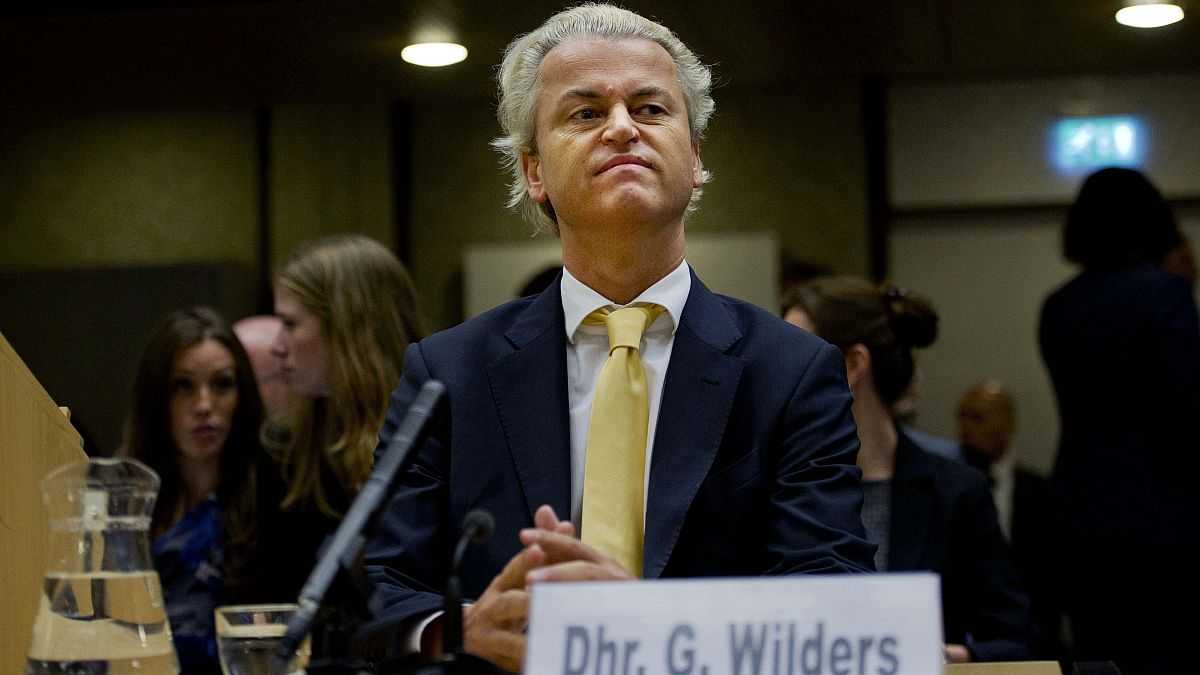Politics
Dutch Far-Right Leader Geert Wilders Withdraws Prime Minister Bid to Pursue Extra-Parliamentary Cabinet

In a surprising turn of events, Dutch far-right leader Geert Wilders has opted out of his aspiration to become the next prime minister following his victory in the 2023 elections. Wilders aims to prioritize the realization of his stringent right-wing political agenda by stepping back from the forefront of leadership.
The recent breakthrough in cross-party negotiations, revealed on Thursday, signals a step forward towards establishing a coalition government under a unique structure.
Wilders’ PVV party secured a significant share of parliamentary seats in the November elections, surpassing projections but falling short of a majority in the 150-seat Dutch parliament.
Since the election, Wilders has engaged in exploratory talks with various parties, notably the VVD, led by outgoing Prime Minister Mark Rutte, and the NSC and BBB parties.
Kim Putters, the mediator overseeing the coalition talks, unveiled a proposal for an unconventional “extra-parliamentary” cabinet, comprising a blend of experts and individuals from diverse backgrounds to lead the country.
Expressing his discontent with the decision, Wilders deemed it “unfair” and “constitutionally incorrect” that he would not assume the role of prime minister despite leading the largest party.
Wilders, a seasoned Dutch lawmaker since 1998, holds the record for the longest-serving position in the Netherlands parliament.
The coalition agreement suggested by Putters outlines a program cabinet, paving the way for the appointment of a new prime minister and cabinet members from a mix of political and non-political backgrounds.
This shift could potentially lead to a shorter and more flexible coalition agreement, granting ministers increased autonomy and empowering the parliament.
Although a coalition deal framework has been established, further negotiations and discussions are expected to address critical issues such as budget allocation, foreign policy, and climate initiatives.
The Dutch political landscape has witnessed a significant development as ruling with Wilders’ party is no longer considered a taboo, marking a departure from past perceptions.
Wilders’ ascent into mainstream politics underscores a shift in public acceptance and recognition of once-controversial parties like the PVV in the governance sphere.












